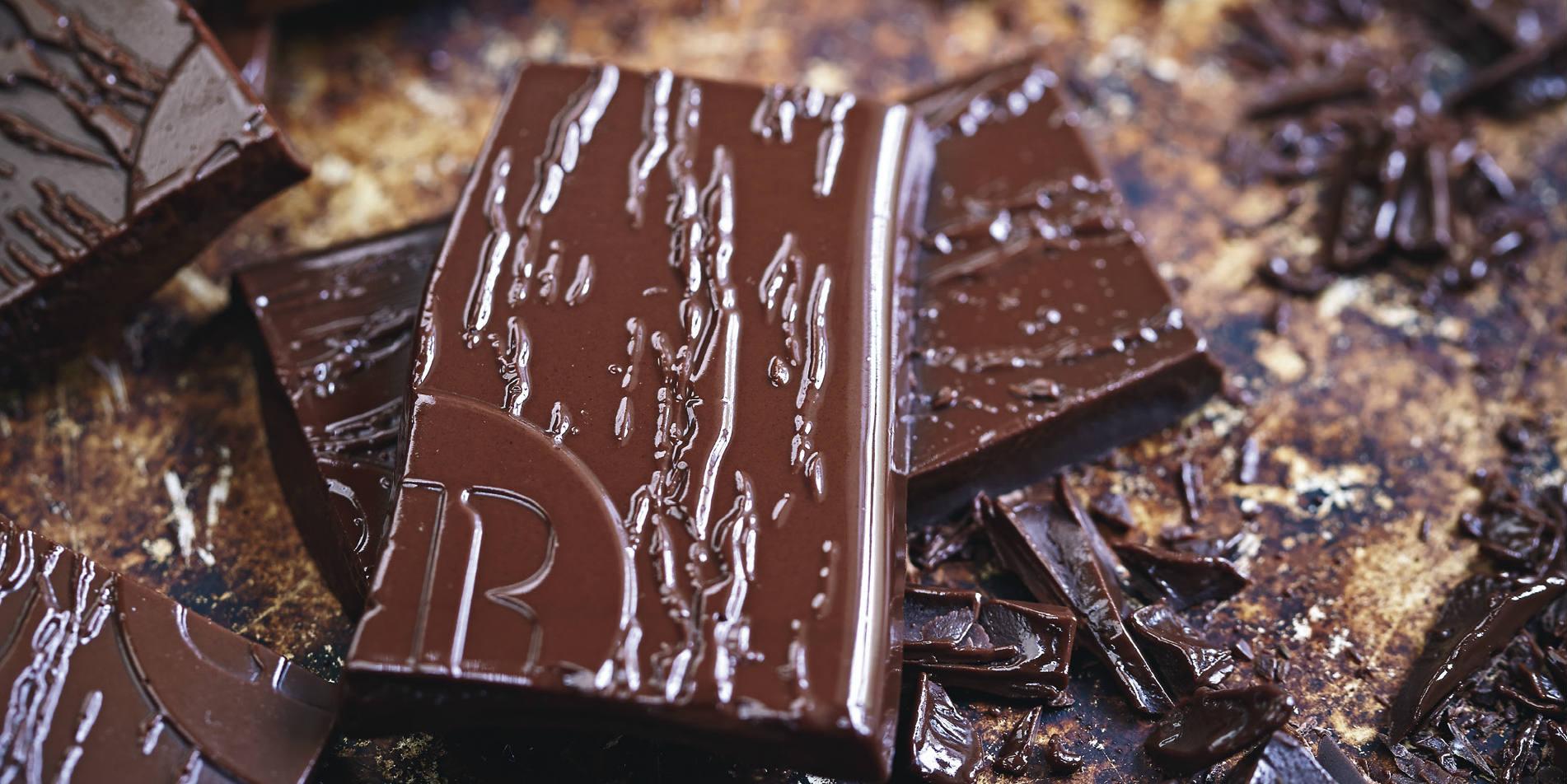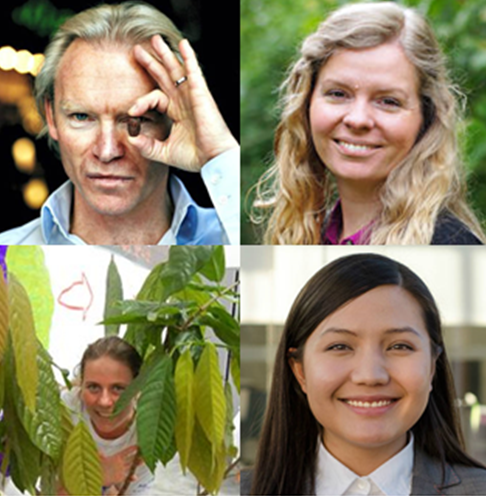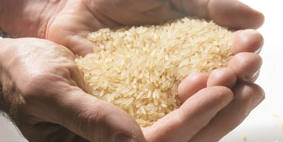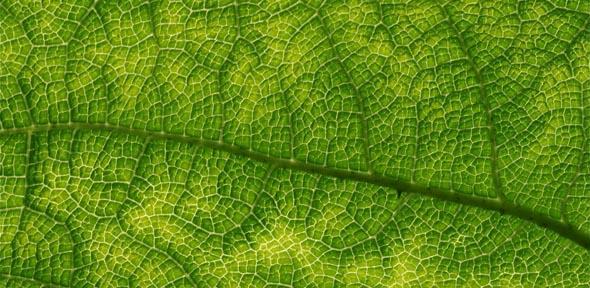
Dr Amanda Talhat, one of the speakers at our panel at the 2016 Science Festival, wrote an article about the event and the very sweet future of chocolate.
My name is Amanda, and I am a chocolate addict…
I love the taste, the scent, the texture, the variety and most importantly, the science behind what makes it one of our best loved confectionaries.
I studied crystallisation of cocoa butter for my PhD, during which I had the great pleasure of working with scientists at the Nestlé Product Technology Centre in York. I also became a “KitKat” convert, and it is KitKat which first introduced me to the topic of cocoa sustainability.
I was invited to join a panel discussion as part of the Cambridge Science Festival 2016 titled From Bean to Bar: the future of chocolate with Angus Thirlwell, CEO of Hotel Chocolat and Lauranne Gateau, a Plant Sciences postgraduate candidate.
Naturally, I jumped at the opportunity and of course celebrated with a KitKat.
The talk was chaired by Dr Gemma Cranston from Cambridge Institute for Sustainability Leadership, and brought together some interesting and complementary views on where chocolate is heading. Together we answered a variety of questions from the audience of 240, ranging from the sustainability of cocoa to roasting, as well as the science of chocolate.
The demand for cocoa, the raw ingredient in chocolate, is expected to grow to more than 4.5 million tonnes by 2020. Considering 90% of the world’s cocoa will be delivered by “small-scale family farmers”, there is fear that the supply side will not be able to cope with such a demand. Low cocoa prices, lack of resources and rising costs also means that more farmers are opting out of growing cocoa.
For these reasons chocolate companies have been investing in the supply chain: to pay farmers fairly, to educate and promote new farming practices and to invest in the socio-economic welfare of these farming communities. For example KitKat is made using 100% sustainable cocoa as part of the Nestle Cocoa Plan, and this same initiative has been building schools to support children’s education in these cocoa farming regions. For those of you interested in cocoa sustainability, I’d recommend that you look up the World Cocoa Foundation and Dave Goodyear’s article in the guardian.
Towards the end of the discussion we touched upon chocolate innovation, which is an area that really fascinates me. Aside from improving the taste and texture of existing products, what else can be done to make chocolate even more exciting? There are already functionalised chocolates on the market e.g. Ohso bars with their encapsulated probiotics and exotic flavours. Although “purists” may disagree on whether this is a good trend. Novel (packaging and processing) methods are also being developed to extend product shelf life and to produce chocolate e.g. flexible chocolate from Professor Mackley and 3D printed chocolate from Hershey.
Finally some companies are going beyond fair trade by partnering with famers directly e.g. TCHO, who provide famers with flavour labs so they can actually make chocolate from their own beans and data collected is shared across the cloud in real time.
So is there a future for chocolate? Yes, and a very sweet one at that. Hopefully it is one that we can all be a part of. Let’s continue our efforts in sustainable cocoa, in innovation and perhaps most importantly: in consumption, and see where the story of chocolate takes us.
By Amanda Talhat - April 12, 2016
The original article was posted on the Cambridge Consultants blog and can be found here.



